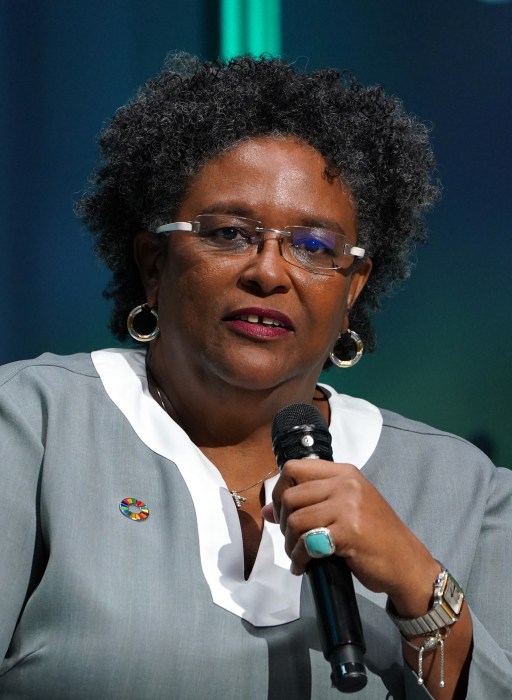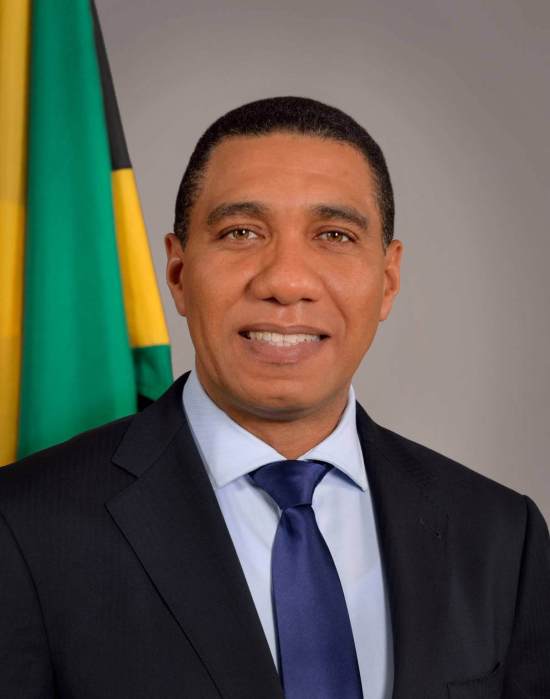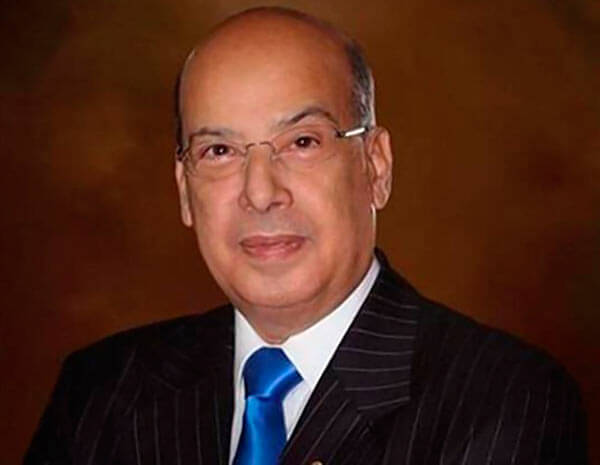CASTRIES, St. Lucia (AP) — Caribbean leaders opened the annual summit of the Caricom trade bloc Wednesday by seeking to lessen concerns that the 15-member regional group is disintegrating.
The health of Caricom, along with freedom of movement within the Caribbean and climate change, were topics that featured prominently in opening speeches even though the region’s external relations, especially with Europe, were being touted as the summit’s main discussion point.
Jamaican Prime Minister Portia Simpson-Miller poured cold water on recent suggestions that her island might leave Caricom following allegations of unfair trading practices by Trinidad and Tobago.
If Caricom was not around, “it would have to be invented,” she said, drawing applause. “Jamaica will continue to publicly reiterate the importance of the regional integration movement to the attainment of our national development goals and for the advancement of our region.”
She also urged Caricom to consider allowing all categories of workers to move freely within the region under the Caricom Single Market and Economy program.
The group’s secretary general, Irwin LaRocque, declared emphatically that “Caricom is not in crisis,” saying now is the time for more integration.
The comments came a year after consultants reported that the bloc could fall apart within three years if it was not restructured. Among their recommendations was that Caricom generate more revenue, force nations to pay outstanding dues and commit to the implementation of programs members pledged to create.
LaRocque said that in meetings with people from various sectors of the Caribbean community, they expressed concern about the slow pace of implementation of vital decisions and programs.
They speak loudly about the need to create a regional environment that will be conducive to the ease of doing business throughout the single market,” he said. “They have expressed anguish at the difficulties experienced at ports of entry.”
Guyana President Donald Ramotar called on Caricom to address climate change issues, and he said it should develop closer ties with Brazil and China to help lift the region out of its economic crisis.
The three-day summit also will focus on expanding membership of a Trinidad-based regional appeals court, improving foreign policy coordination and reviewing single-market trading systems.
The prime ministers for Trinidad and Jamaica are expected to talk about their plans to abandon the British Privy Council as the region’s final appeals court and join the Caribbean Court of Justice, which currently has three members in its appeals section: Guyana, Barbados and Belize.
The summit was scheduled to end Friday.


























